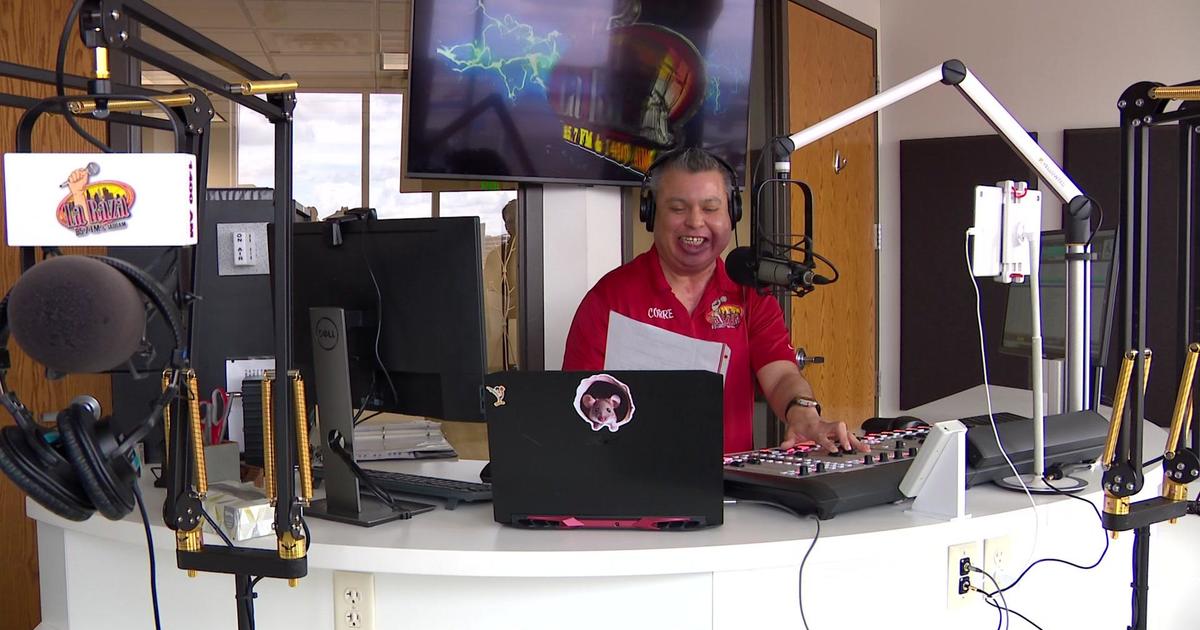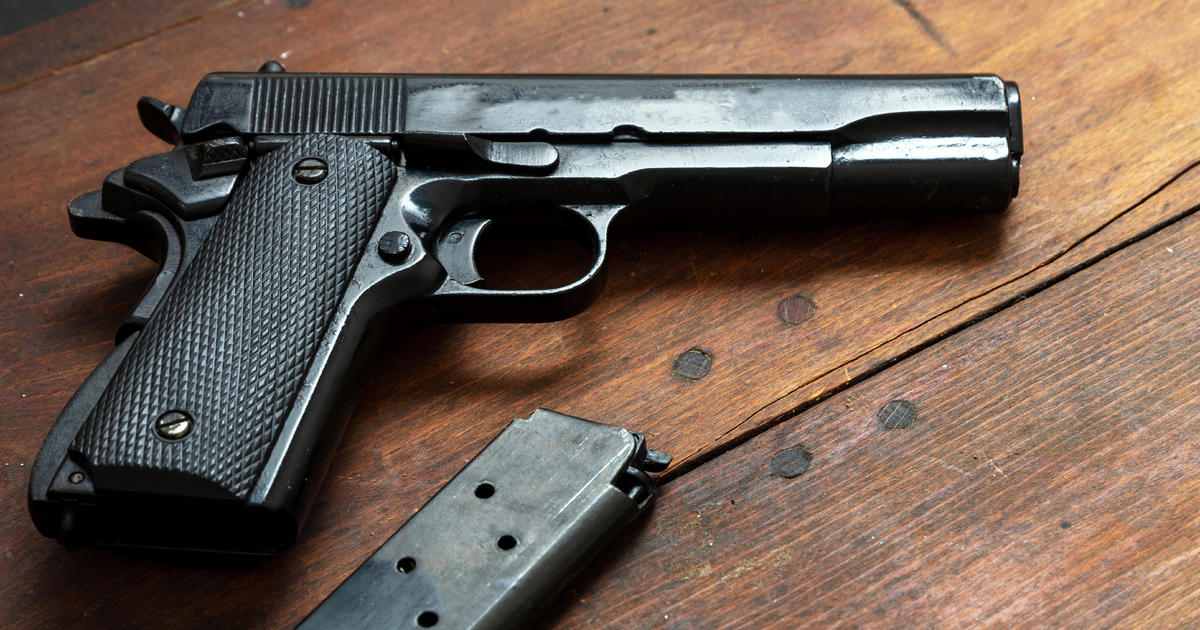Good Question: Could Drone Delivery Really Take Off?
MINNEAPOLIS (WCCO) - On CBS' 60 Minutes, Amazon CEO Jeff Bezos announced a plan to deliver packages within 30 minutes by unmanned aerial vehicles, or drones.
Amazon's "Prime Air' service could be used for packages which weigh less than five pounds, and can only be sent to destinations that are within 10 miles of an Amazon distribution center.
Bezos said he hopes the service could be ready in four years.
"I know this looks like science fiction," Bezos said. "It's not."
So, how realistic is this idea?
Gretchen West is the executive vice president for the Association of Unmanned Vehicle Systems International, the trade organization for unmanned systems.
"I think it's realistic, but probably many years away," West said. "There are a couple of things that stand in the way."
Right now, the Federal Aviation Administration allows drones for hobbyists and a small number of law enforcement agencies that have obtained permits.
In 2015, Congress is requiring the FAA to come up with a plan for unmanned vehicles to operate safely in the U.S.
West expects the FAA will allow some commercial drones, but only if they fly under 400 feet, weigh less than 55 pounds and are always in someone's line of sight.
Possible uses include monitoring crops and gas lines, or taking photographs for real estate in less densely-populated areas.
"What Amazon is trying to do is fly over populated areas, which I think the FAA will have a little bit more trouble with that," West said.
West says some companies in Europe, Japan and Australia already are planning to use the technology to deliver goods, like beer and books.
"Amazon could have better success in the near time looking outside the United States," she said.
Some experts have called Amazon's move a clever public relations move.
Phillip Finnegan with the Teal Group Corporation, a group that analyzes the aerospace and defense industry market, calls Amazon's plan "very unrealistic" because of undeveloped technology, high costs and regulatory issues.
Finnegan predicts "Prime Air" will take at least 10-15 years.
Later this year, the FAA is expected to announce six drone test sites to research the safety and effectiveness of the vehicles.
Even if the FAA does eventually approve Amazon's plan, there are still questions to be asked.
"Can it really carry a 5-pound package, or a 5-pound payload? That still needs to determined," West said. "How safe are they when they're integrated with other manned aircraft or other unmanned aircraft? There's a lots of things that still need to be figured out."



